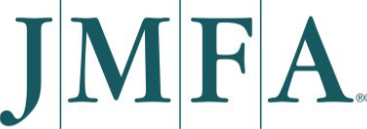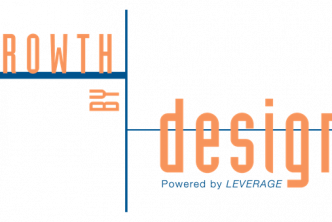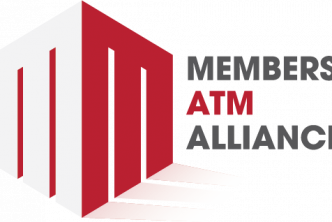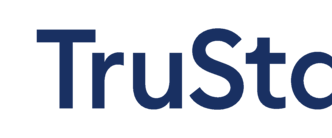By: James Darden II, JMFA Vice President of Operations & Client Services
Amid the scrutiny of overdraft services by some lawmakers and regulators—and efforts by some large banks to distance themselves from the criticism of costly fees and undisclosed procedures—a strong case continues to be made about the value a fully disclosed, reasonably priced overdraft solution provides for consumers.
During a recent Consumer Protection and Financial Institutions subcommittee hearing in the U.S. House of Representatives, feedback provided by an expert witness on consumer financial law and economics—as well as written testimony by industry associations—cautioned the subcommittee of the unintended consequences that limiting overdraft services or imposing substantiative fee limits would cause for consumers and community financial institutions.
In his remarks, Todd Zywicki, George Mason University Foundation Professor of Law, stated, “in making any decision about a consumer financial product or service, more information is generally preferable to less and information-based regulations that respect consumers’ preferences and different circumstances are generally superior to prescriptive rules that ban products or dictate prices or other substantive terms.”
Earlier comments by Acting Comptroller of the Currency, Michael J. Hsu also warned that “limiting overdrafts may limit the financial capacity for those who need it most.” Hsu anchored his remarks on what he sees as an imperative for overdraft practices to be based on trust and giving consumers the sense that financial institutions have their backs when it comes to promoting consumer financial health.
Financial literacy builds trust
To that point, a fully disclosed overdraft program provides credit union members with the details they need to know their service options and maintain control over the fees they pay. Effective program usage is dependent on member awareness of program fees, limits and terms of usage. Community credit unions that provide these details at the time of account opening—as well as through established communication touchpoints throughout the life of an account—can build trusting relationships by facilitating members’ ability to avoid unexpected shortfalls and fulfill their financial needs.
Also, effective tracking software makes it easier to monitor who is using the program, as well as how it’s being used and gives staff the opportunity to offer guidance and support for members who may need it. This demonstrates that you are looking out for your members’ best interests and helps to boost your service and support efforts.
Consistent financial literacy begins with knowledgeable, confident staff
Maintaining a robust commitment to staff training is a powerful way to positively impact your financial literacy efforts. In addition to instilling knowledge about how your overdraft program works, ongoing training helps ensure employees’ ability to explain it consistently to all members. Plus, it creates the opportunity to demonstrate more value and improve the overall experience.
However, if you are relying on employees to carry the training load, your strategy may be lacking consistency and failing to engage everyone who needs to be involved. This is especially true if you have some individuals working remotely and/or taking on new responsibilities due to strained staffing resources.
For best results, trainers with program-specific expertise can take the guesswork and time constraints out of your employees’ learning process and strengthen everyone’s confidence level when it comes to connecting with members. Experienced trainers also reinforce industry best practices through presentations and training materials, which can help to mitigate potential compliance concerns that might otherwise be overlooked.
Every employee in your organization can be an advocate for your mission of serving members’ financial needs. When they are well-trained and confident in the value your overdraft service provides, they do more than increase financial literacy, they strengthen the loyalty members have in your credit union.
Financial literacy gives members more confidence and control over their financial well-being
While some institutions are choosing to curtail or eliminate the ability to overdraft, consumers who are knowledgeable about the option appreciate having a financial safety net when the unexpected happens.
Ongoing efforts to increase financial literacy around your overdraft solution can quiet the critics and empower your members to decide if the service is right for them. It also gives them more confidence in how they manage their money through all the ups and downs that may arise. And that’s what effective, member-driven financial service is all about.






